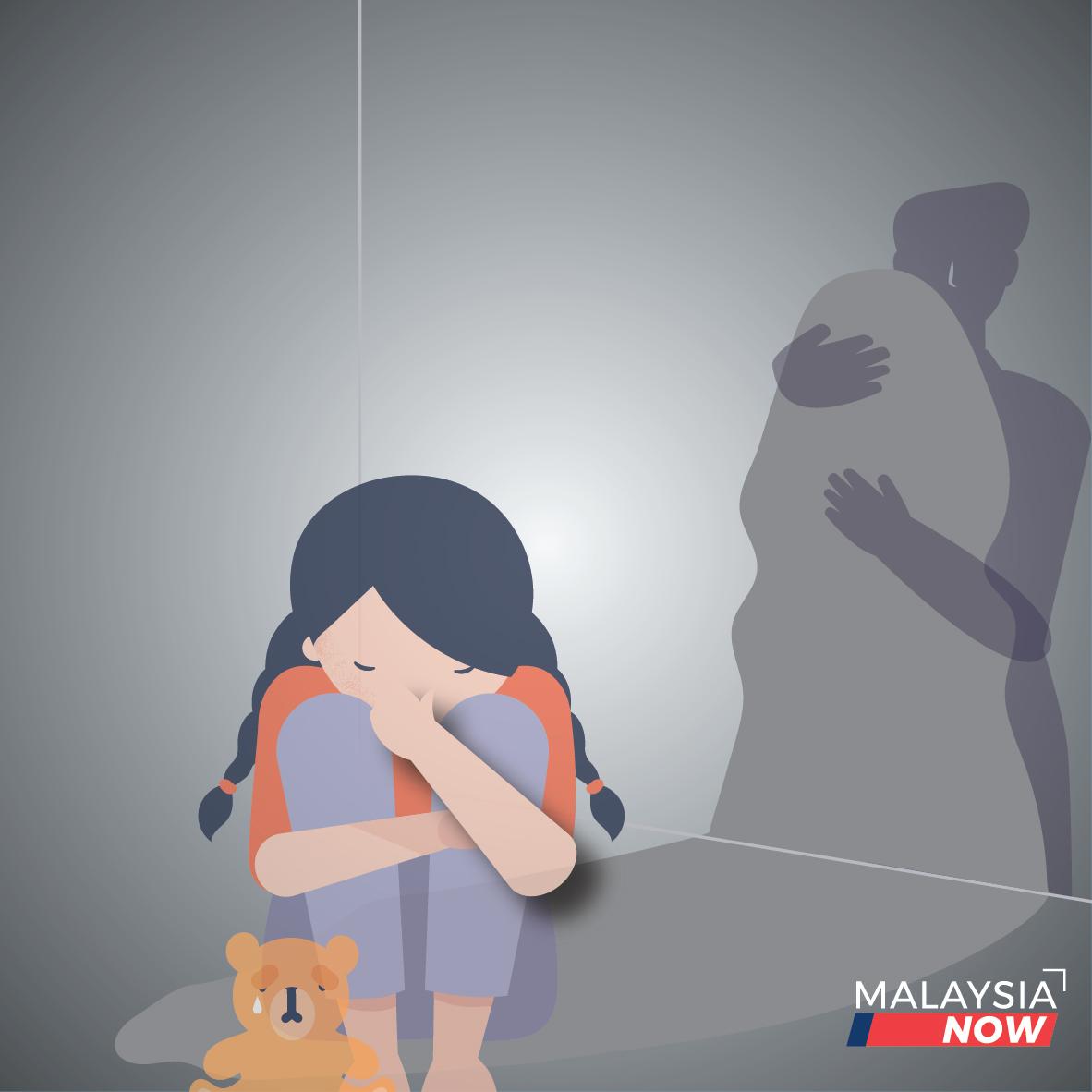To speak or not to speak: the dilemma of sexual assault survivors
While opening up about experiences of sexual harassment can be cathartic, it could also lead to negative reactions and victim-blaming.
Just In
Amira Nur Afiqah was only 14 when she was sexually assaulted by six men at a night programme at her school. She went home that night feeling traumatised but knowing that she wouldn’t tell anyone about it.
“I was ashamed,” she said. “I went to the toilet, washed myself and cried. When my mum fetched me, I acted normal. I didn’t tell anyone about it.”
Amira is one of many sexual harassment survivors in the country. According to police statistics, 1,218 cases of sexual harassment were reported from 2013 to 2017, with a high of 338 in 2016 – an average of nearly one case every day.
For Amira, it was an experience that haunted her for a long time.
“For the rest of the year, my mind was blurry because of the incident,” she told MalaysiaNow. “I guess that’s how my mind chose to cope with the trauma.”
In 2016, she had what she called a major relapse after bumping into one of her assaulters who also happened to be a childhood friend. She tried to talk about it to people whom she thought she could trust, but soon discovered that some of that trust had been misplaced.
According to police statistics, 1,218 cases of sexual harassment were reported from 2013 to 2017.
“I told my ex-boyfriend about it. He was supportive at first but later the relationship got abusive. That’s when the relapse became worse and I started having symptoms of mental illness,” she said.
It was then that she began considering seeking professional help.
In 2019, she was diagnosed with a major depressive disorder, post-traumatic stress disorder (PTSD) and mild anxiety.
Later that year, she decided to join a women’s group, hoping that it could help her cope with her trauma. There, she met others who had gone through similar experiences.
“When I heard their stories, I felt less alone in my experience. All I wanted was for someone to listen to me, and now I got to share with other survivors.”
That was when she decided to share her story publicly.
Sharing doesn’t always mean people caring
Karen Lai, programme director of the Women’s Centre for Change Penang, said if survivors don’t speak up, they bear their experiences alone which could lead to PTSD, depression and, in extreme cases, suicidal thoughts.
But she also warned that there are risks involved in sharing stories of sexual harassment on social media.
She said people have a tendency to react negatively and to perpetuate victim-blaming when they see others sharing their experiences online.
“The culture of victim-blaming makes it very difficult for survivors to speak up, and the worst thing is, survivors can internalise this idea of self-doubt,” she told MalaysiaNow.
She urged people to be more sensitive and supportive towards sexual harassment survivors who share their stories on social media.
“It’s society’s responsibility to respond to the victims who speak up by caring to know about the trauma they carry,” she said.
“The culture of victim-blaming makes it very difficult for survivors to speak up.”
“Take the allegations seriously. It’s not something trivial and funny. It’s not something we should tolerate or accept.”
On why survivors want to have their voices heard, she said it was at least partly about reclaiming power.
“When you are sexually violated, your power is taken away and you find anything to reclaim that power. Social media gives that power for you to speak up.
“It’s not a way for them to seek attention. It’s a cry for help.”
She said sharing their stories also gives survivors the comfort of a community. “There is a sense of courage and confidence that comes from knowing that you are not alone, and that your experiences are not isolated.”
‘Speak when you’re ready’
When Amira began sharing her experience, the response was mixed.
“People approached me saying they went through the same thing, too. The comments were mostly comforting but there were a few who ridiculed me for speaking up.”
“It’s not a way for them to seek attention. It’s a cry for help.”
At first, she was upset. But she found courage and comfort in the knowledge that what had happened to her was not her fault.
“I know I helped other girls have the courage to speak up about their trauma,” she added.
This is not always easy, especially when victim-blaming comments abound.
“That’s why we need to educate people on helping the victims, so that when these negative comments appear we can protect the victims,” Amira said.
She knows only too well the risks involved in sharing stories of sexual assault online. Her message to other survivors is to speak when they are ready.
“For me, they should share if they want to. When you share your experience, it will make people aware that sexual assault could happen to anyone.
“Don’t listen to those who ridicule you,” she added. “You should know there will always be people who will support you.”
Subscribe to our newsletter
To be updated with all the latest news and analyses daily.
